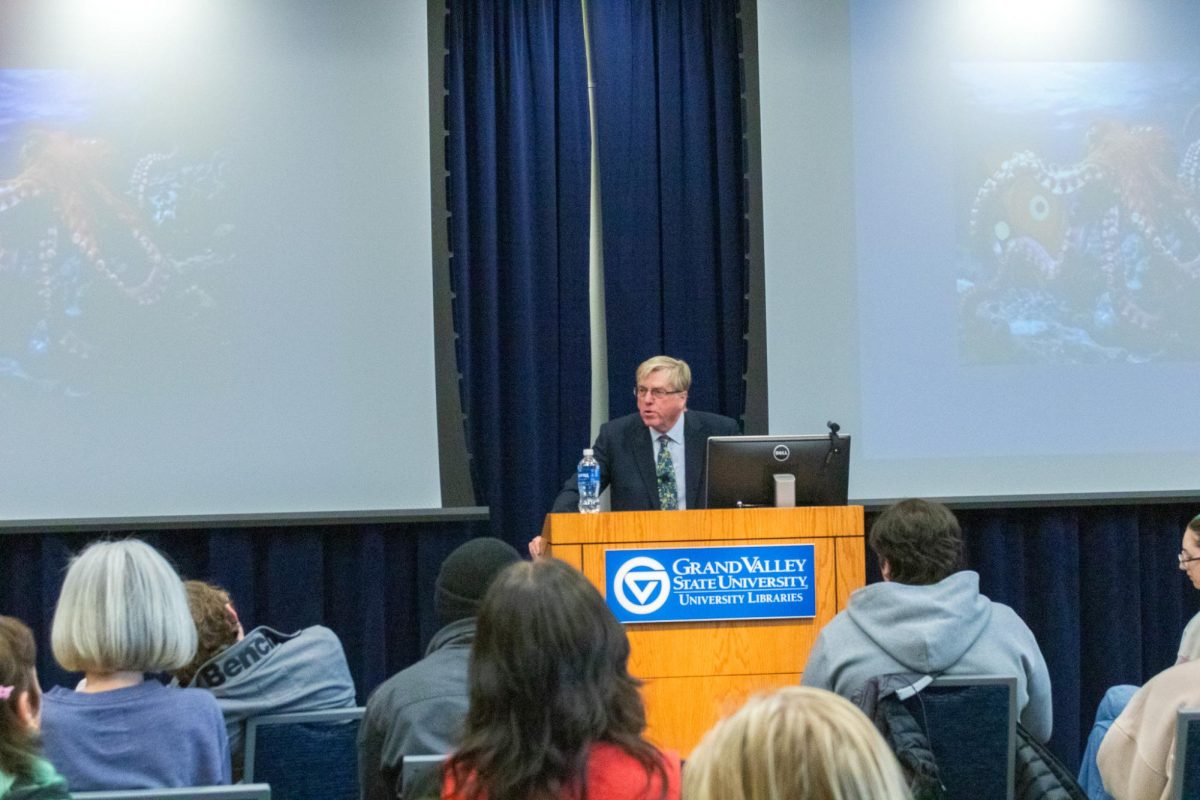Power, privilege and sexual assault in Hollywood
Nov 13, 2017
We’re over a month out from the first reporting of Harvey Weinstein’s sexual misconduct in The New York Times, and much as was hoped by many (and feared by Woody Allen), public attention has not yet slipped away from the subject of sexual harassment and assault in Hollywood.
Most recently in Weinstein’s case, despite his “unequivocally denying” any allegations of nonconsensual sex, New York police announced that actress Paz de la Huerta’s accusation was “credible and detailed” enough that investigators are gathering the corroborating evidence necessary to make an arrest.
It’s nice to know that after so many women have accused him of sexual harassment and assault that there’s now a possibility of the man seeing jail time. Even more heartening is how the continued attention on and seeming success of the case against Weinstein has given many other victims the encouragement they needed to come forward with their own stories.
A prime example of this is the growing number of accusations leveled against Kevin Spacey, starting with a BuzzFeed News interview with actor Anthony Rapp. According to Rapp, Spacey made sexual advances toward him when he was 14 years old and alone in the older man’s apartment after a party. Since then, Robert Cavazos, an actor who performed for The Old Vic theater where Spacey was artistic director for over a decade, claimed that Rapp’s experience was not an isolated incident and that Spacey regularly preyed on young male actors while working there.
A CNN article corroborating testimony from eight different employees from the set of “House of Cards,” a series for which Spacey has been both a lead actor and executive producer, reports that he repeatedly sexually harassed and assaulted “staffers who were typically young and male.”
As if this wasn’t enough, Spacey has come under even more fire for choosing Rapp’s accusation as an opportunity to come out, stating that “this story has encouraged me to address other things about my life. … I choose now to live as a gay man.” Even disregarding what is a particularly obvious attempt at deflection of the accusations against him, members of the LGBT community have expressed concern that Spacey choosing now to come out (after years of many, many other opportunities to do so) will only conflate homosexuality and pedophilia in the public eye.
It’s an understandable worry, considering how we as a society seem to only just be getting over a long history of portraying gay men as nothing but predators of young boys.
If you look past sexuality, however, you can see there’s really little difference between the predatory behaviors Kevin Spacey and Harvey Weinstein stand accused of. A production assistant who worked on the set of “House of Cards” described his assault at Spacey’s hands in a way Weinstein’s victims could doubtlessly sympathize with: “He was a man in a very powerful position on the show and I was someone very low on the totem pole and on the food chain there,” a power dynamic echoed throughout the accusations against Spacey.
Likewise, Weinstein targeted actresses early in their careers at their most vulnerable, as expressed by actress Brit Marling: “What could I do? How not to offend this man, this gatekeeper, who could anoint or destroy me?” These two examples speak toward a larger picture of misuse of the influence afforded to men as successful as these two producers.
Even a physical difference in power is unimportant in comparison to the less tangible power and privilege possessed by men like Weinstein and Spacey. This was recently illustrated by actor Terry Crews (a man who is 6’3’’ and strong enough to lift most human beings over his head) when he came forward after the first Weinstein accusations with a story about being groped by a high level Hollywood executive at a party. In a series of tweets, Crews expressed that at the time, he refrained from reacting after imagining headlines of “‘240 lbs. Black Man stomps out Hollywood Honcho‘” (which, he mused, he would be unable to read due to being “IN JAIL“). After a deflective, phoned apology from the man the next day, Crews “decided not 2 take it further becuz I didn’t want 2b ostracized.”
This all goes to show that a victim’s gender is irrelevant to whether they have the platform to confront their assaulter, or even whether they’re vulnerable to harassment in the first place. If we learn anything from the ongoing rise of accusations against “Hollywood honchos” like Spacey, I hope it’s that the point here isn’t just that “if Harvey Weinstein invites you to a private party in the Four Seasons, don’t go” (as Courtney Love advised in a red carpet interview all the way back in 2005). It’s about the marginalization and disenfranchisement that makes people vulnerable in the first place, and then afterward makes them fear the price of coming forward alone.
Fortunately (or maybe unfortunately, depending on your perspective), we know now that “alone” isn’t something any victim of sexual assault in Hollywood has to worry about.






















